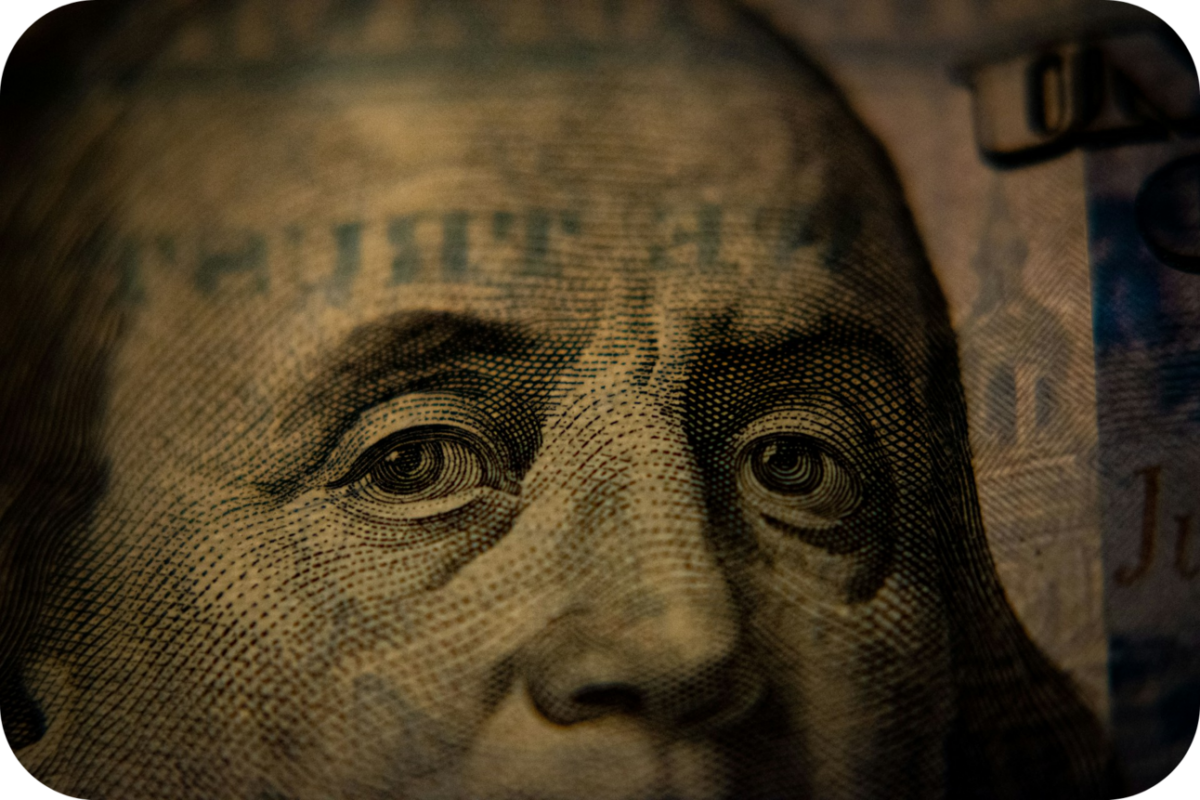Trillion Dollar Credit Card Debt Not Bad?

In 2023, American consumers accumulated an unprecedented level of credit card debt, surpassing the trillion-dollar mark. Luckily, this number is not as dire as it first seems to be.
Although there’s a noticeable increase in credit card debt in nominal terms, when adjusted for inflation, it’s almost 20% lower than its late 2008 peak, as per WalletHub’s analysis using data from the New York Fed. Economists believe Americans are well-prepared to manage their debt.
Russell Price, chief economist at Ameriprise Financial, explained to CNN, “Consumers still have a lot of money left over to be able to spend, so the credit card data is often misinterpreted. The dollar value of credit-card debt is at an all-time high, but so is population, employment and consumer income.”
He also highlighted that the data does not account for the approximately 55% of borrowers who settle their balances in full each month, a point also noted by the New York Fed.
Looking at the larger economic scene, the US job market remains robust, and wage increases are outpacing inflation. January saw the addition of 353,000 jobs, maintaining the unemployment rate at 3.7%. The stock market is stable, sentiment regarding the economy has notably improved recently, and holiday spending was robust.
This sustained job market vitality enables Americans to continue managing their debts, save money, and maintain spending levels.
Therefore, despite the upsurge in credit card debt and existing economic challenges, the overarching view suggests that Americans and their economy are, to date, resilient.